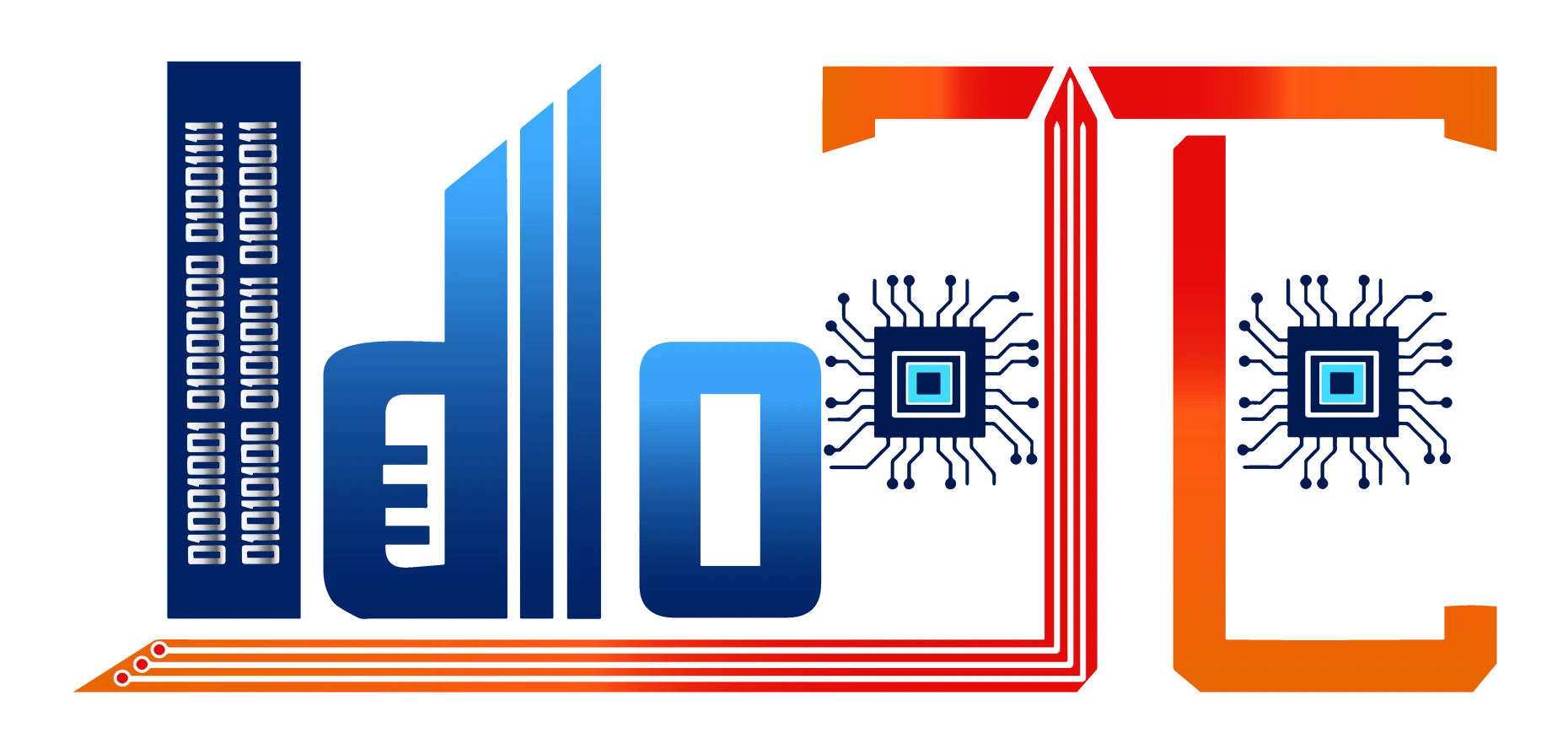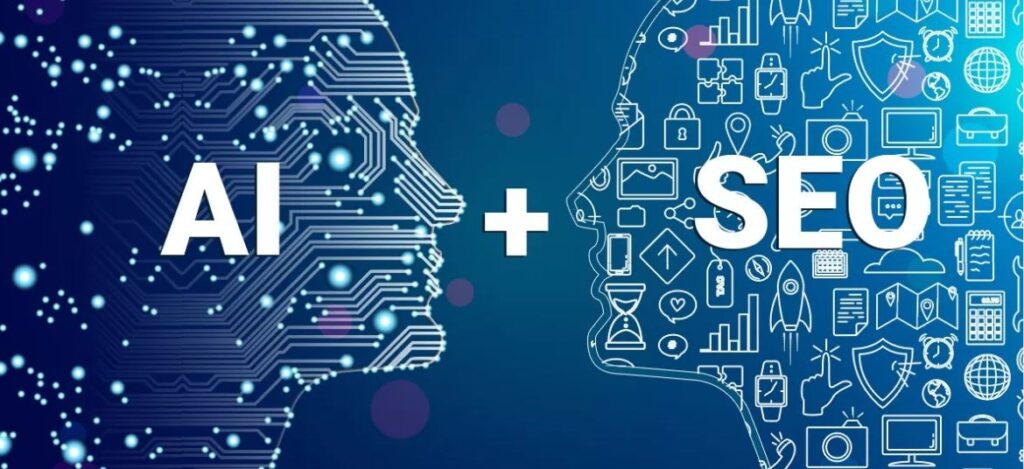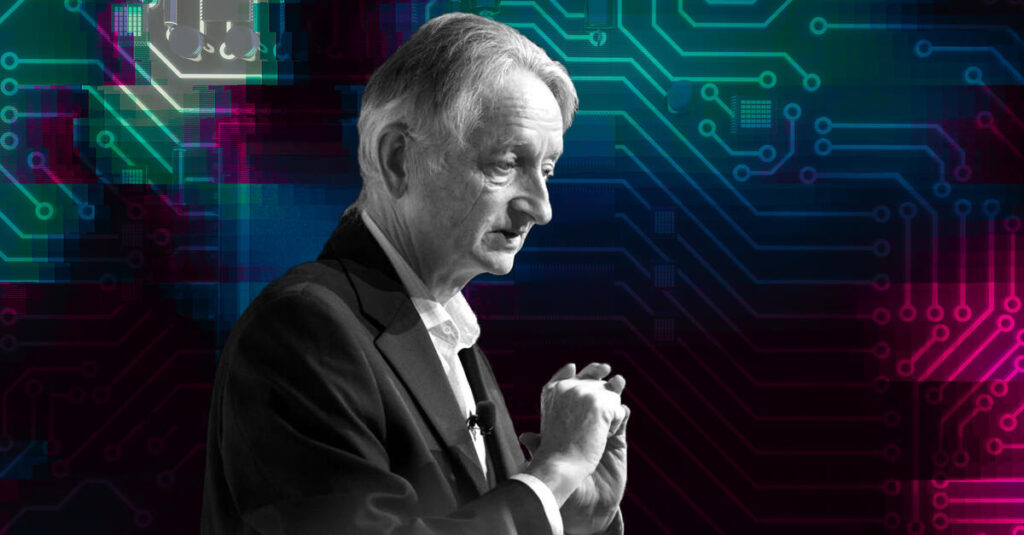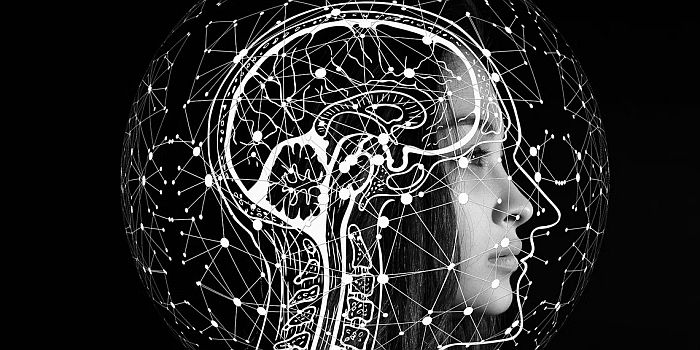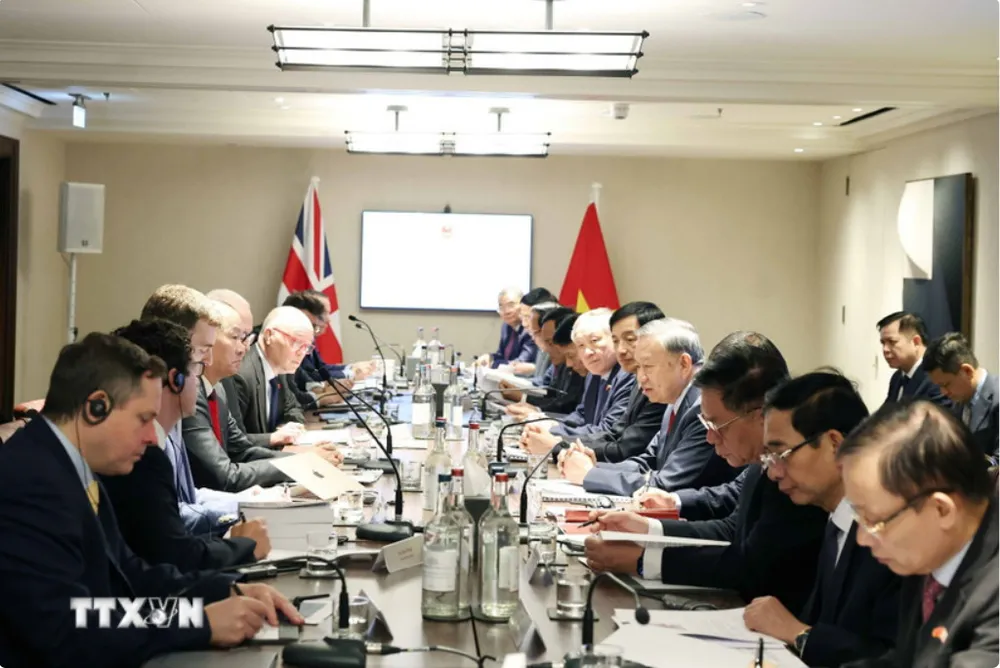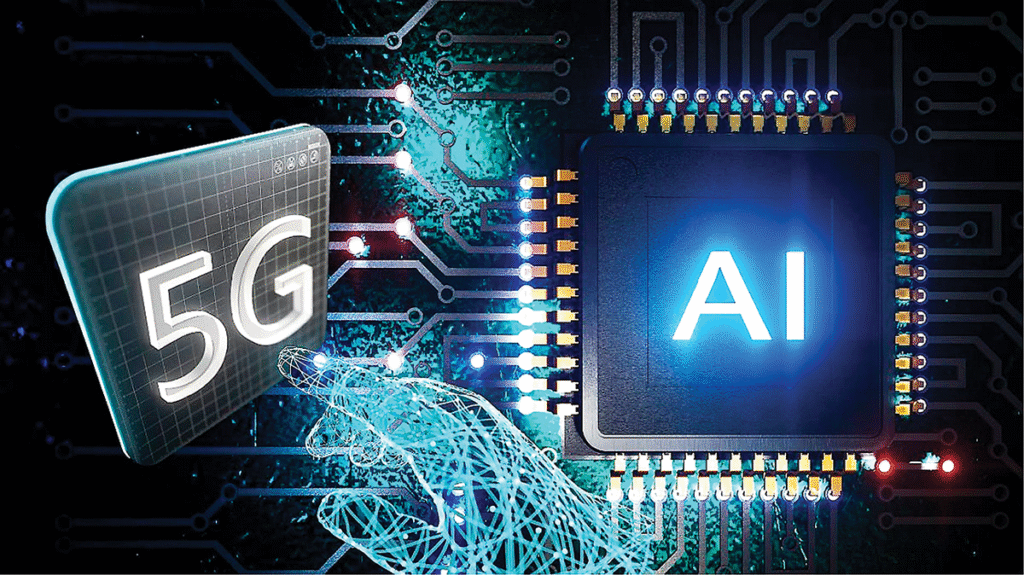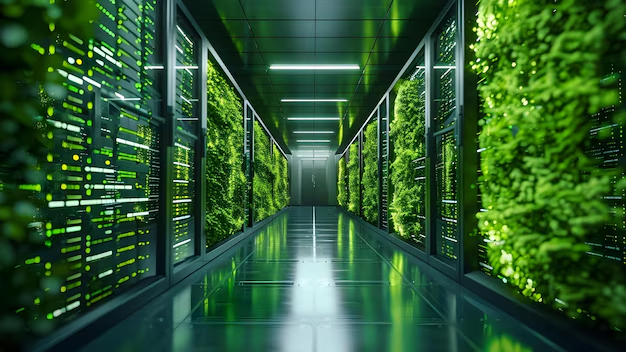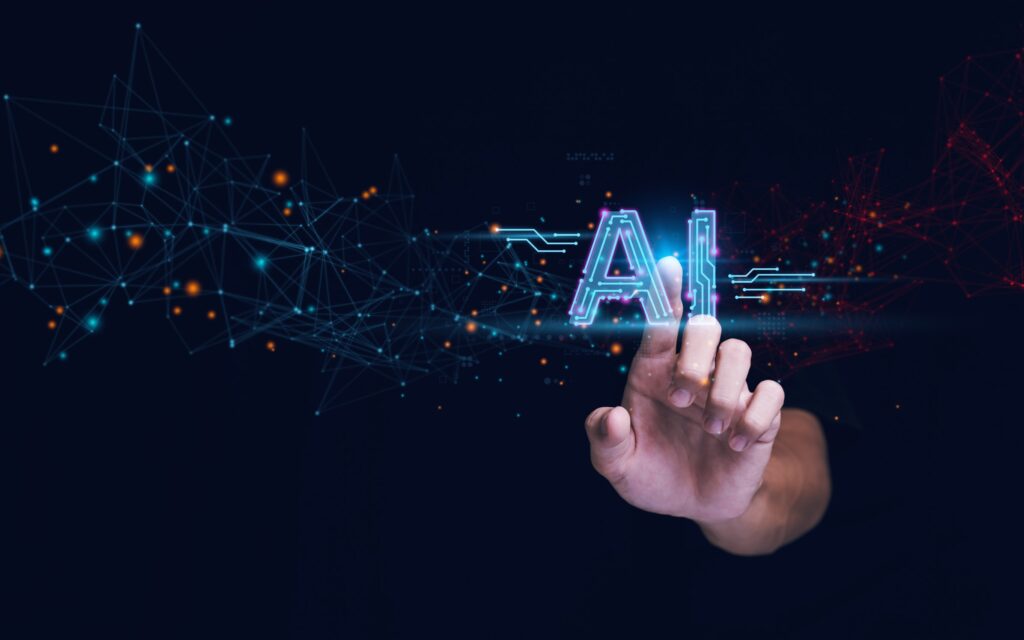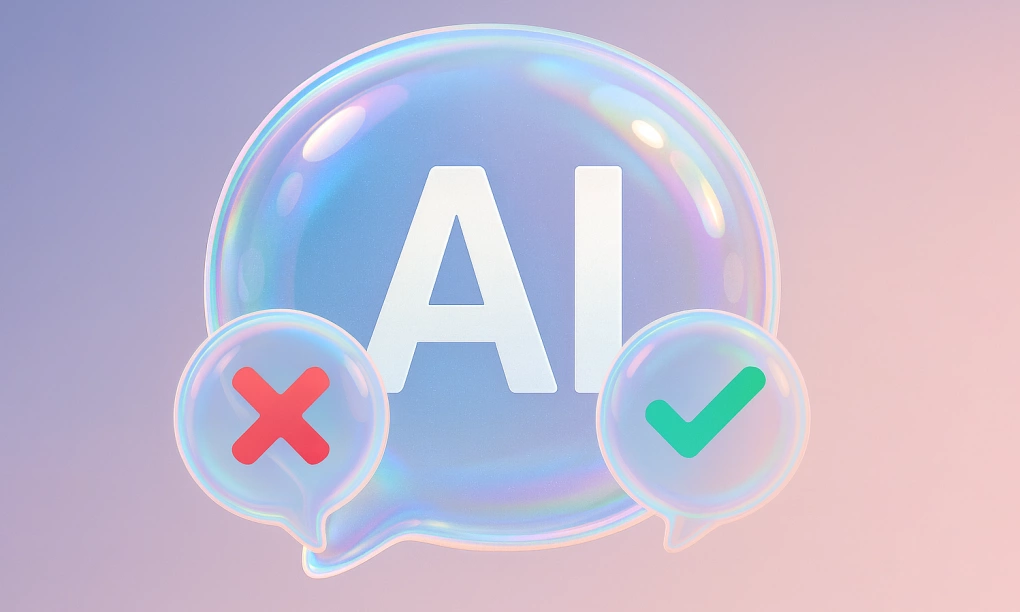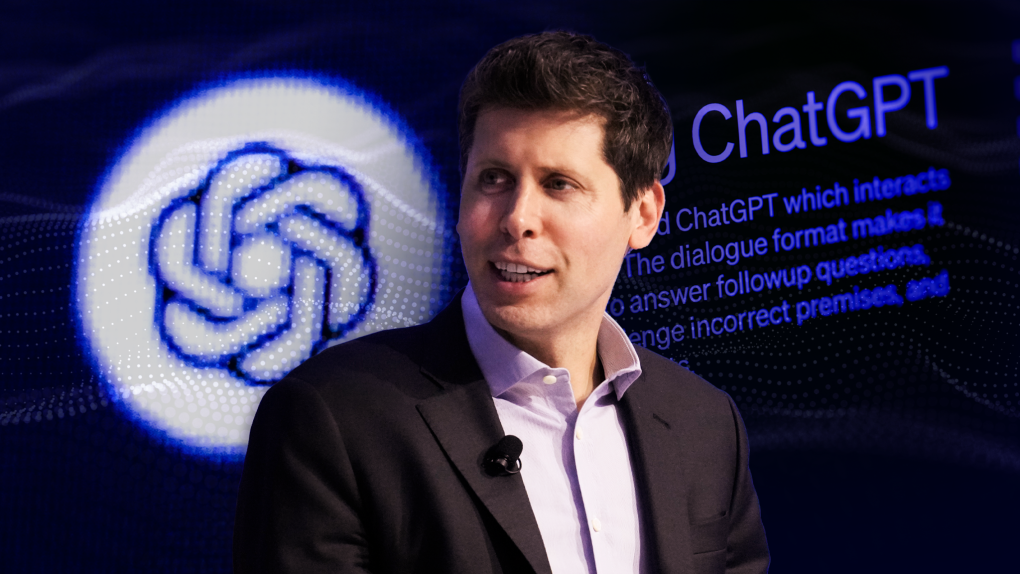Nobel Prize winner’s concerns about the rise of AI
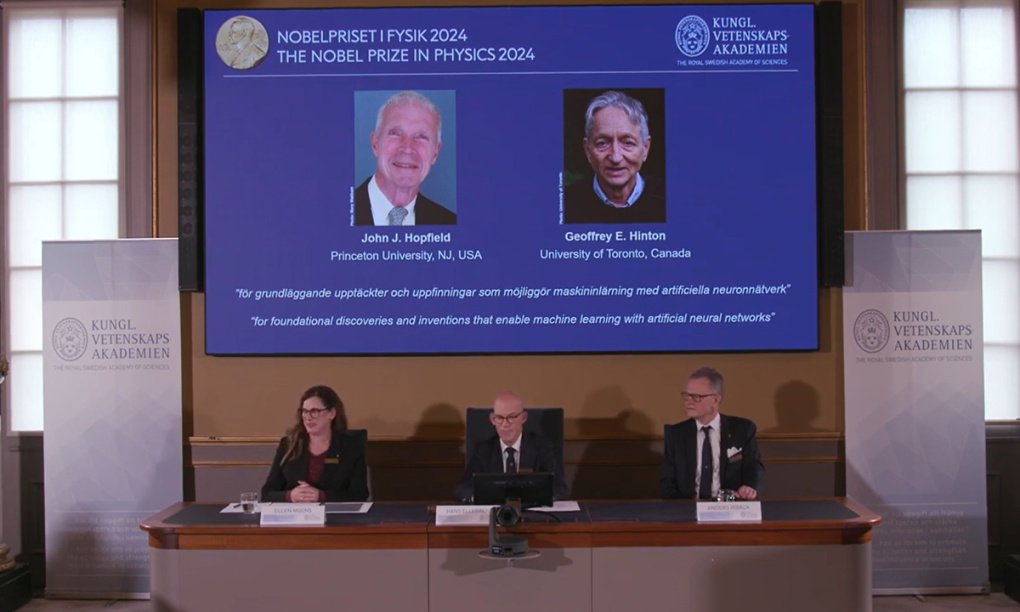
The development of AI is similar to the development of nuclear energy. There are always potential dangers from these breakthrough technologies. AI is a special thing that humans have created in this century, but concerns about it are endless.
Geoffrey Hinton, the winner of the 2024 Nobel Prize in Physics, known as the godfather of AI, is worried about the possibility of AI surpassing human intelligence.
“He is considered one of the most important figures in the history of artificial intelligence (AI) – a visionary leader who has contributed to shaping the future of AI”. This is the positive assessment that Gemini, formerly known as Bard – an AI chatbot developed by Google, gave to British computer scientist Geoffrey Hinton. Known as the “godfather” of AI, he and scientist John J. Hopfield have just become the winners of this year’s Nobel Prize in Physics for their great contributions to machine learning technology.
Hinton made headlines when he left Google in 2023, raising concerns about the tide of misinformation, the potential for AI to disrupt the job market, and the existential risks posed by creating truly intelligent digital beings.
This year, when the Royal Swedish Academy of Sciences named him the winner of the Nobel Prize in Physics, Hinton was surprised. Asked about the potential of the technology he helped develop, he said that “AI will have a huge impact” on society.
“It’s comparable to the industrial revolution. But instead of surpassing humans in physical strength, it will surpass humans in intellectual ability. We have no experience of what happens when things are smarter than humans,” he said in a phone interview after the Nobel announcement.
Hinton was born in Wimbledon, London, England in 1947. The path Hinton followed was perhaps inevitable, as he came from a family with a rich scientific tradition. His great-grandfather, George Boole, was the mathematician who invented Boolean algebra, laying the foundations for modern computers. His cousin, Joan Hinton, was a nuclear physicist who worked on the Manhattan Project, the world’s first nuclear weapons program during World War II. His father, Geoffrey Taylor, was a respected scholar and fellow of the Royal Society (the Royal Society of London for the Advancement of Natural Knowledge), the world’s oldest scientific academy.
Hinton recalls his mother telling him as a child: “Be a scholar or be a failure.” And he seems to have followed that advice.
Hinton studied at the University of Cambridge and switched between physiology, philosophy, and physics before earning a degree in experimental psychology in 1970. He then studied at the University of Edinburgh and received his PhD in AI in 1978. Despite the objections of his professors, Hinton decided to develop unconventional computer networks that mimic the neural nodes and structures of the human brain. He began researching systems called “artificial neural networks” and completed his postdoctoral studies at the University of California, San Diego.
In 1982, Hinton joined the faculty of Carnegie Mellon University, where he worked with psychologist David Rumelhart and computer scientist Ronald J. Williams to develop an algorithm that worked backwards from output to input when measuring errors. This process is called “back propagation,” and was published by the trio in 1986 in a seminal paper that laid the foundation for the development of artificial neural networks.
Back propagation is a neural network training technique that has been hailed as “the missing mathematical piece” that has rapidly advanced machine learning. It allows humans to tweak neural networks to improve their performance without having to constantly tinker with them; it is a key element in chatbots, which millions of people use every day. Each chatbot relies on a neural network structure trained on large amounts of text data to interpret commands and generate responses.
The popular chatbot ChatGPT itself is well aware of the importance of back propagation to its development, describing the technique as a “key breakthrough that allows ChatGPT to adjust its parameters so that predictions or responses become more accurate over time.”
